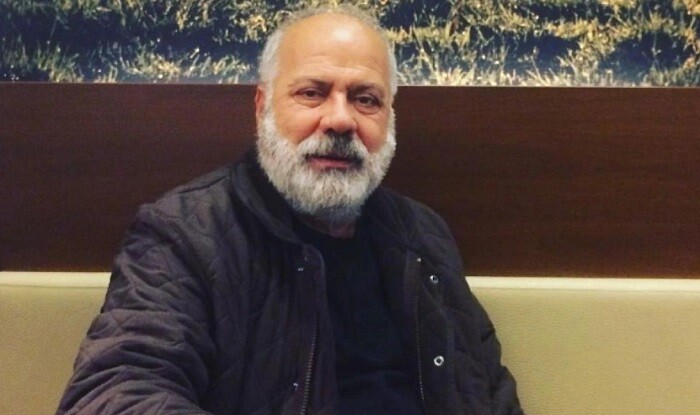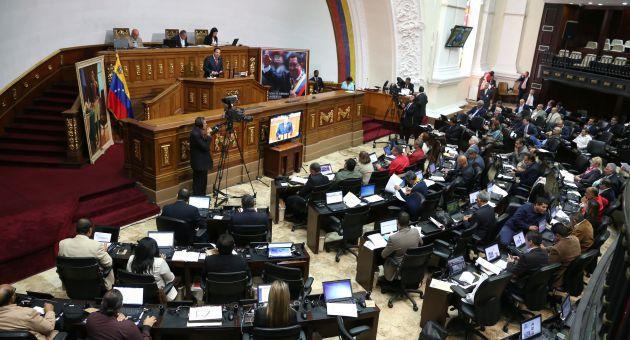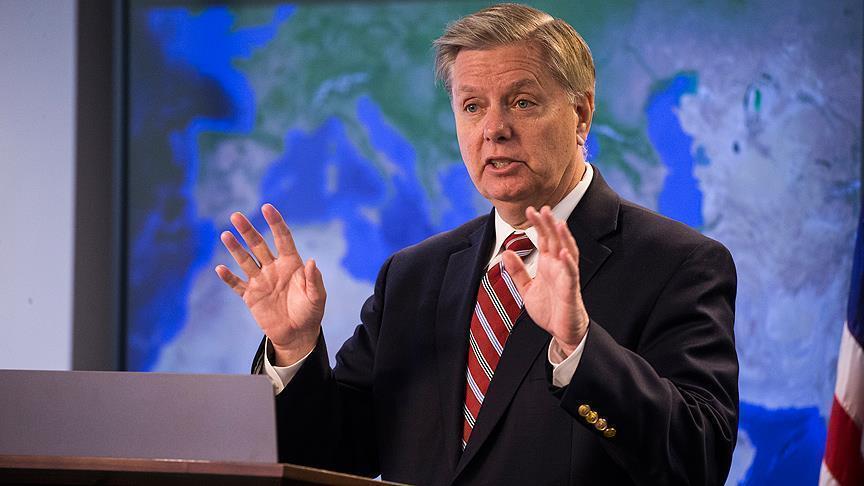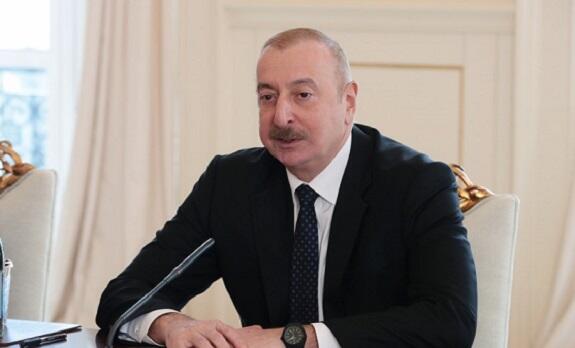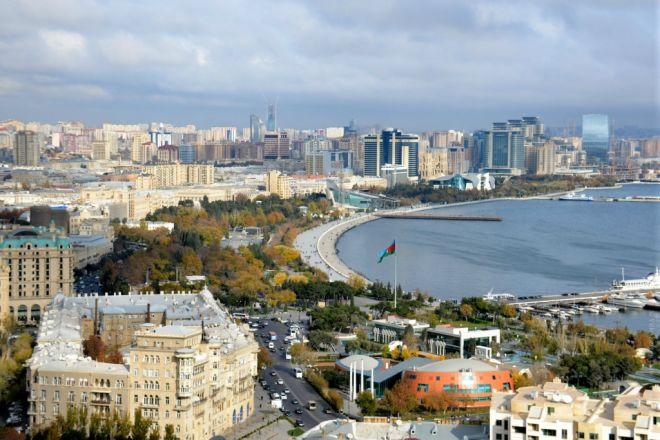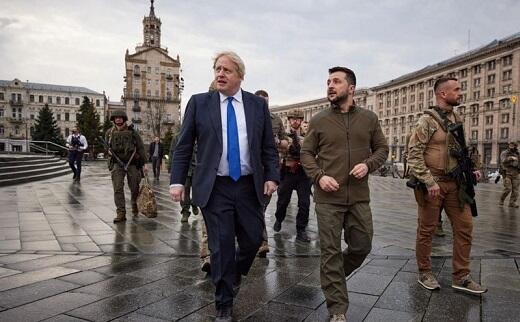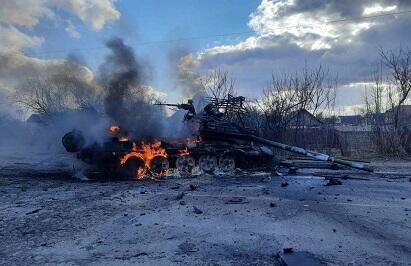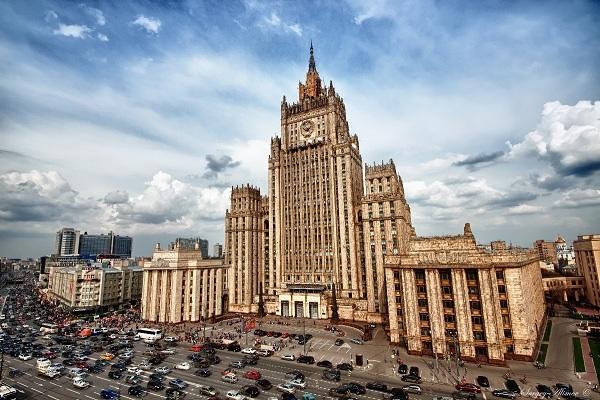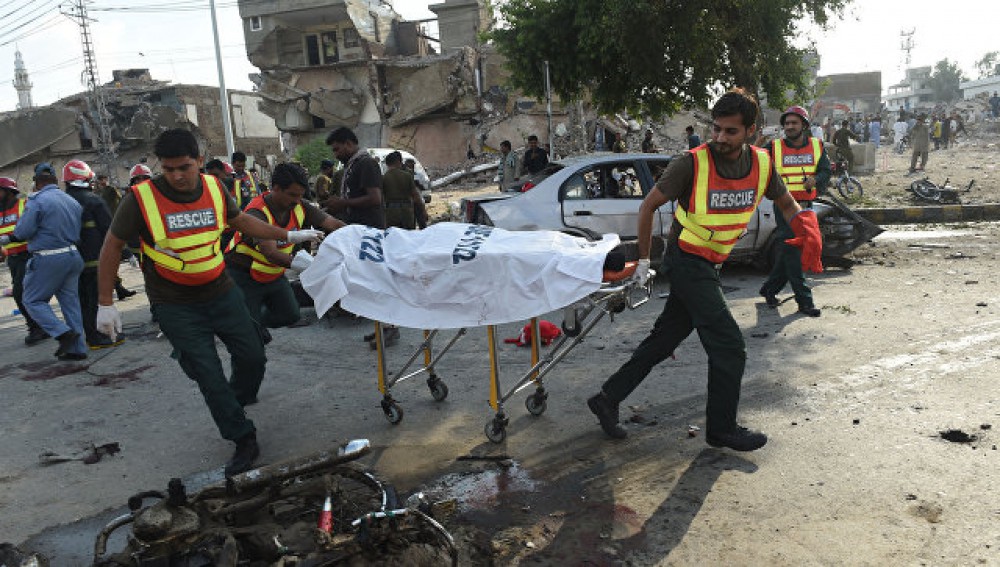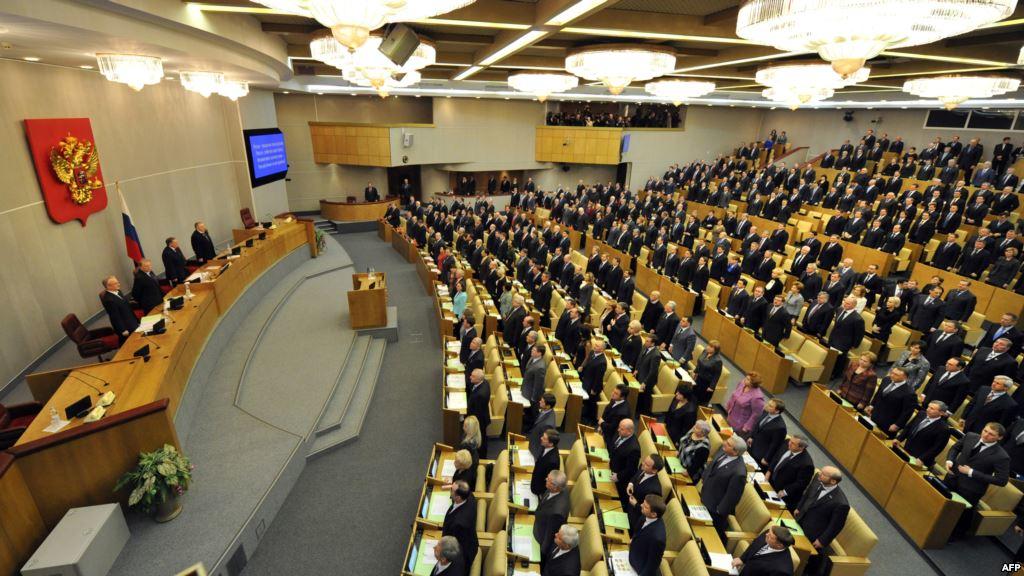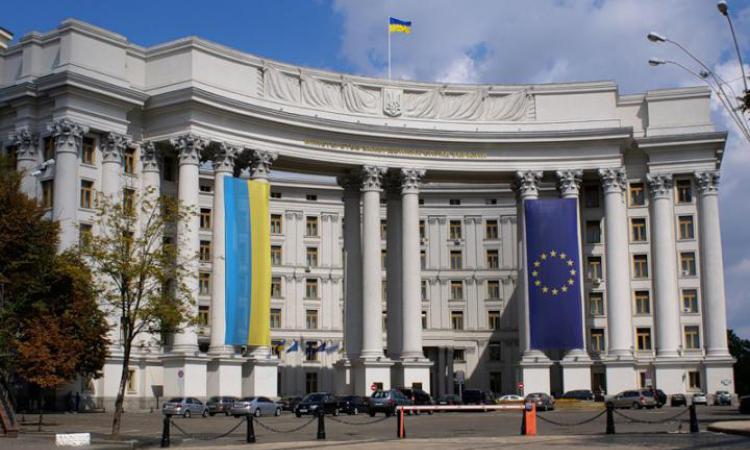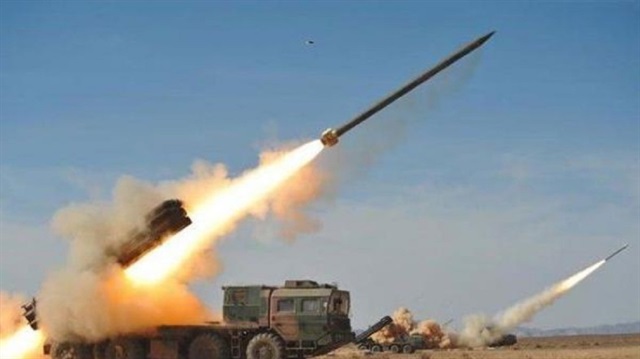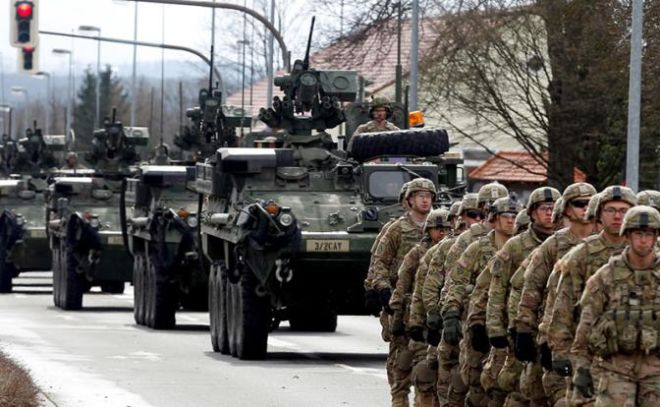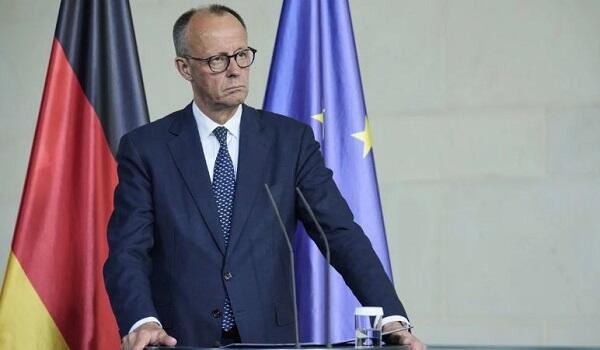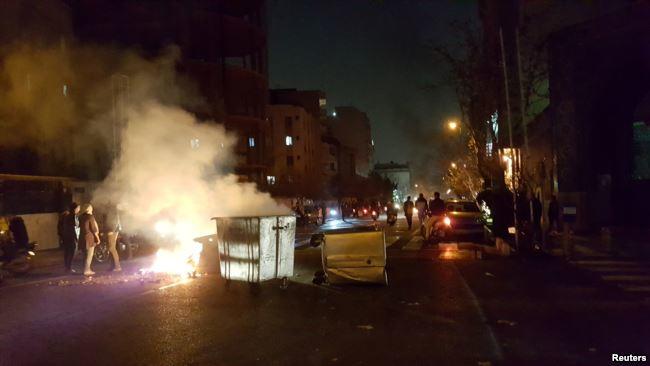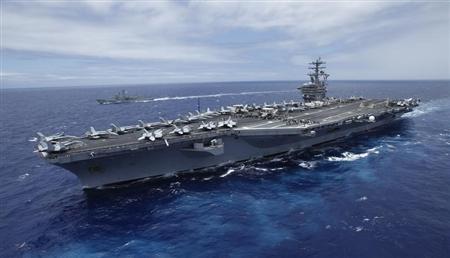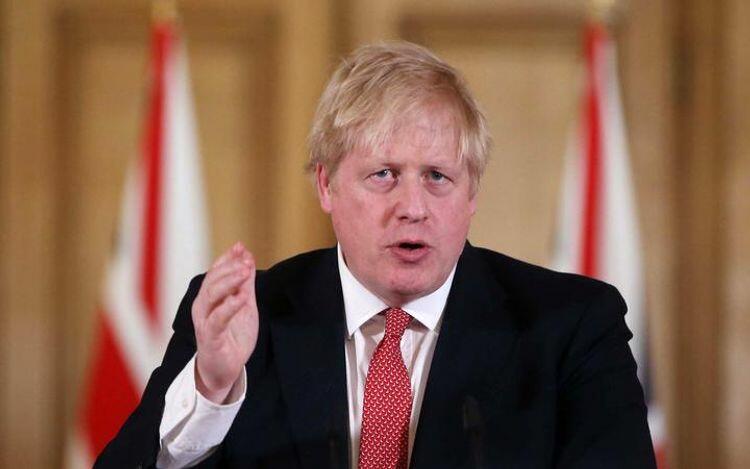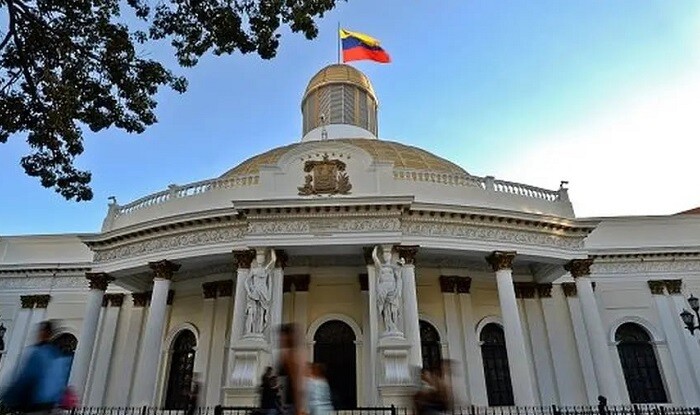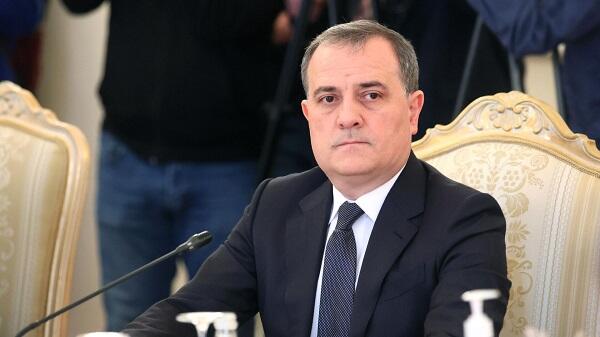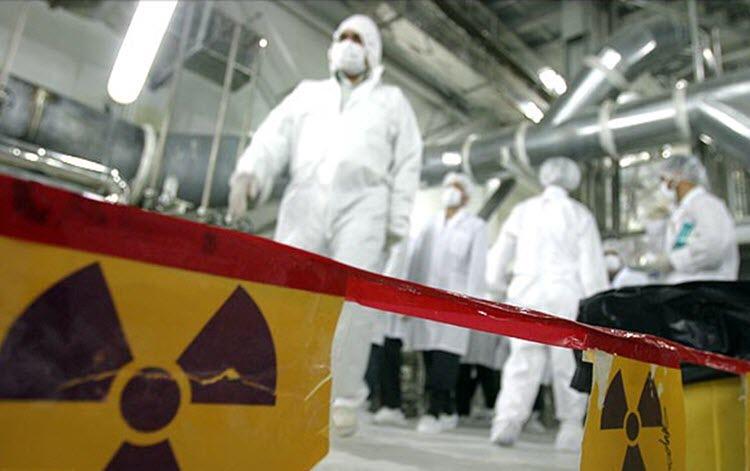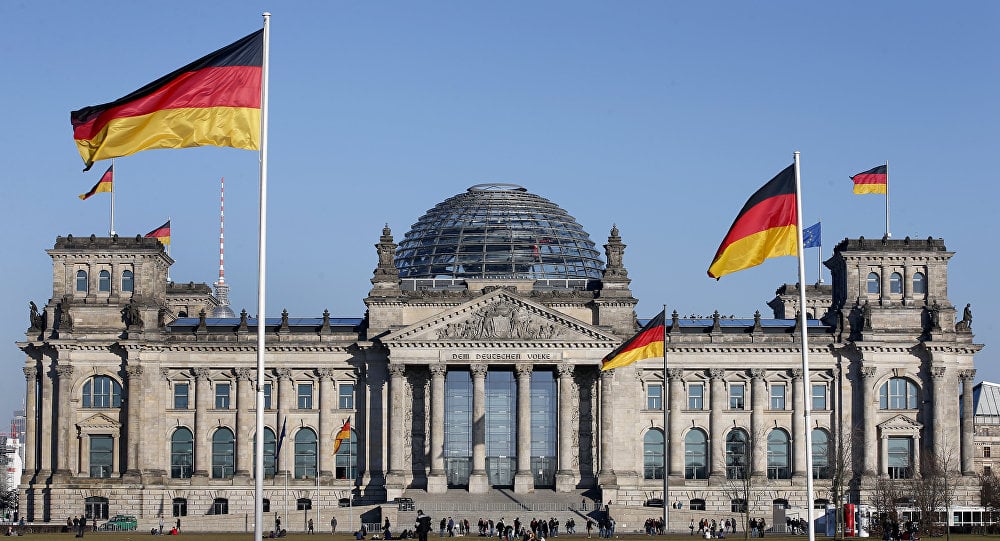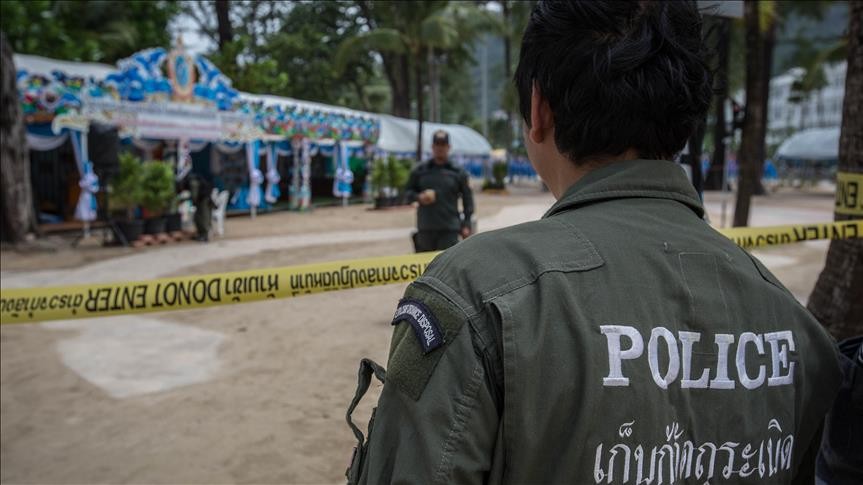A series of attacks and bombings have rocked Thailand’s
insurgency-plagued south overnight, leaving a soldier and two
civilians dead and three other people injured.
Pattani province’s main radio station reported Thursday that 10
violent incidents -- including drive-by shootings, bombings,
destruction of utility poles and burning of tires -- took place in
seven districts in Thailand’s three southernmost majority Muslim
provinces and nearby Songkhla.
In one attack, men riding a motorcycle shot at a military
checkpoint in Muang district, killing one soldier.
In Thepa district of Songkhla, a bomb was thrown in front of a
branch of the Government Savings Bank, injuring three
civilians.
In neighboring Jana district, a group of men shot at security
guards working in a car sales office, killing two of them.
Violence in the region has been intensifying since late last
month.
On Oct. 24, a bomb exploded near a noodle shop in Pattani,
killing a 60-year-old woman and injuring 21 other people.
On Oct. 28, two men riding a motorcycle shot at a car in front
of an education office in Mayo district of Pattani, killing a
49-year-old female teacher who was driving the vehicle and injuring
a passenger, a female civil servant.
The two attackers, who were captured on security cameras, left a
note near the car, with the words "for you who killed Malayu
people" -- using a local term that refers to ethnic Malay
Muslims.
The attack was condemned as a "severe violation of human rights"
in a joint statement released by the Internal Security Operational
Command (ISOC), the main domestic security agency, and the National
Human Rights Commission.
The southern insurgency -- which has destabilized the three
southernmost provinces of Pattani, Yala and Narathiwat for decades
-- is rooted in a century-old ethno-cultural conflict between Malay
Muslims living in the region and the Thai central state where
Buddhism is considered the de-facto national religion.
Armed insurgent groups were formed in the 1960s after the
then-military dictatorship tried to interfere in Islamic schools,
but the insurgency faded in the 1990s.
In 2004, a rejuvenated armed movement -- composed of numerous
local cells of fighters loosely grouped around the National
Revolutionary Front, or BRN -- emerged.
After the military seized power in May 2014, the junta continued
the overthrown elected civilian government’s policy of holding
peace talks with insurgent groups.
But a recent report on the Thai south by the International
Crisis Group, a Brussels-based think tank, regarded this dialogue
as having "foundered" because both sides "prefer hostilities to
compromise".
"The National Council for Peace and Order [NCPO], which seized
power in the 2014 coup, professes to support dialogue to end the
insurgency but avoids commitment," the report said, referring to
the ruling junta by its official name.
